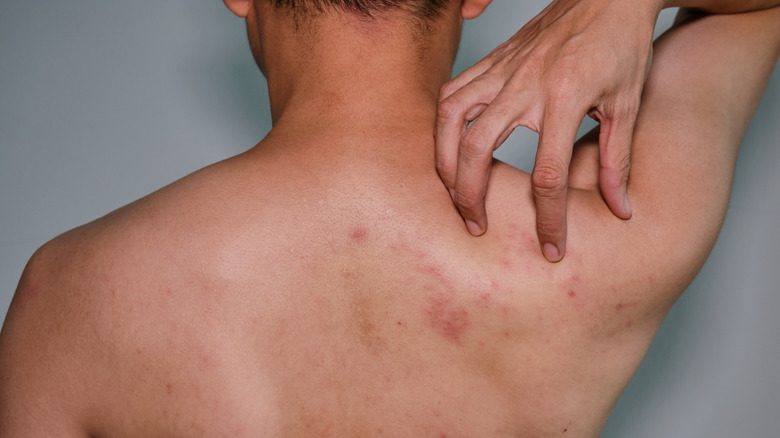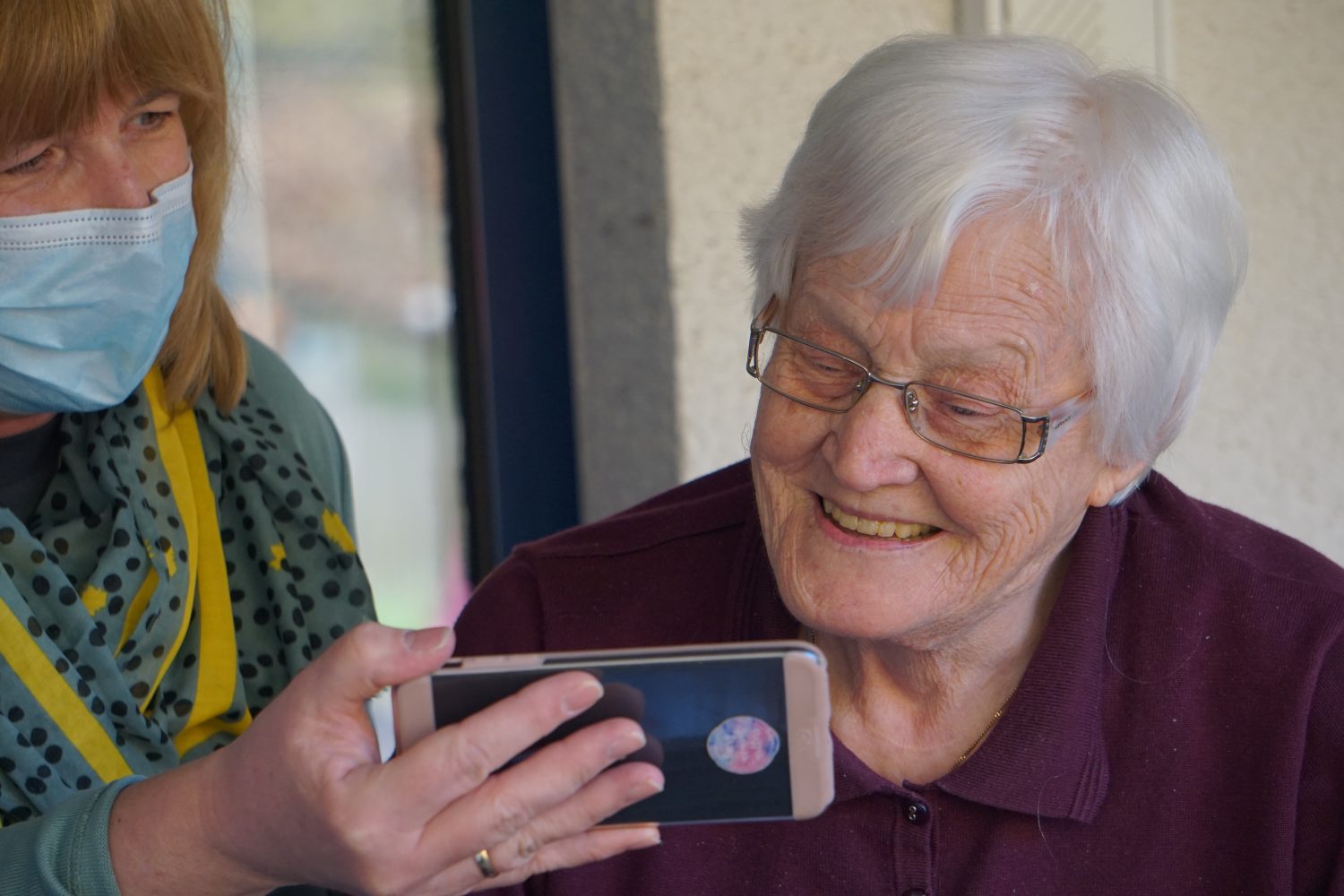As a GP working in several clinics, I can say that anecdotally, shingles is definitely on the rise. And, it is especially prevalent among elderly people. So, here’s what you should know about shingles.
What is the shingles?
It’s a reactivation of chickenpox which is a viral (herpes) infection. Chickenpox is usually a childhood infection that causes a widespread, elevated rash. The thing is, once you’ve had chickenpox, your body doesn’t quite get rid of it, rather it just keeps it controlled. In this case, the chickenpox virus stays locked up by your immune system within the nerves in your spine. However, if your immune system is weakened for any reason, including stress and old age, the virus can break free, usually from a particular nerve as it comes out from your back leaving you with pain and sometimes a rash. This “reactivation” of chickenpox is called the shingles, and since it’s along the distribution/line of a specific nerve, it appears as a “band” of pain or rash confined to a specific area, rather than your whole body.
How to know if you’ve got the shingles?
The symptoms of shingles are tingling and pain in a particular part of your body, often, but not always, followed by a rash in the same area. Beware, the “rash” may or may not be much at all. Sometimes, it’s even absent. If it is there, often it can be just a small red area, with a few small blistery type spots. I still recall a young lady who had been seeing her massage therapist for lower back pain. When I examined her back, I found one suspicious 1mm red spot and on pathology testing, sure enough, it was the shingles!
A few important things about how the shingles present:
- It’s on one side of your body, not crossing the midline. This is because it emerges from either a left or right nerve root from your back, and travels therefore logically to one side of your body. So, if you have pain or a rash on both arms, or legs, you don’t have the shingles. If you have it on one side (left or right), you may have the shingles.
- It usually comes and goes and apart from being painful and causing the rash, doesn’t cause too much harm. However, there are some parts of your body that it can affect which you need to be extra careful about. These are:
- Your eyes. If you get shingles on your face (forehead, temple, cheek), the nerve that may be involved may also go to your eye. Shingles in your eye, can cause significant complications such as scarring and affect your vision.
- Your ears. The nerve that supplies part of the skin in your ear canal also connects with a nerve called the “facial nerve”, which supplies the muscles to your face. Shingles that affect the facial nerve, can cause your facial muscles to be temporarily paralysed making one side of your droop, mimicking what can happen with a stroke. This type of shingle is given a special name, Ramsay Hunt Syndrome.
What to do if you get the shingles?
If you think you may have the shingles, you should see your GP straight away. This is because you may benefit from receiving antiviral medications, which will help get you better quicker. However, they’re only helpful if taken within three days of the rash appearing. Taking antivirals for shingles has also been shown to decrease the incidence of a complication of getting the shingles known as “post-herpetic neuralgia”. This is the problem of recurring bouts of severe pain in the part of your body where you have previously had shingles.
Finally, remember, when you have the shingles rash, just like chickenpox itself, you are infectious and could spread the herpes virus, so don’t be mingling too much. Cover up your rash, and be vigilant with hygiene. Some people to definitely avoid altogether are pregnant women, infants, elderly people and anyone who takes medication or has a disease that weakens their immune system.
The shingles vaccine
In more recent years, thankfully vaccines for shingles have been developed. These help to reduce your likelihood of getting the shingles, whilst reducing recurrence if you have had the shingles before. If you would like to know more about the vaccines we recommend speaking to your doctor.
If you have any questions about the shingles, Atticus Health would be more than happy to answer them. Please send all questions to community@atticushealth.com.au
Dr Floyd Gomes
General Practitioner
Atticus Health


